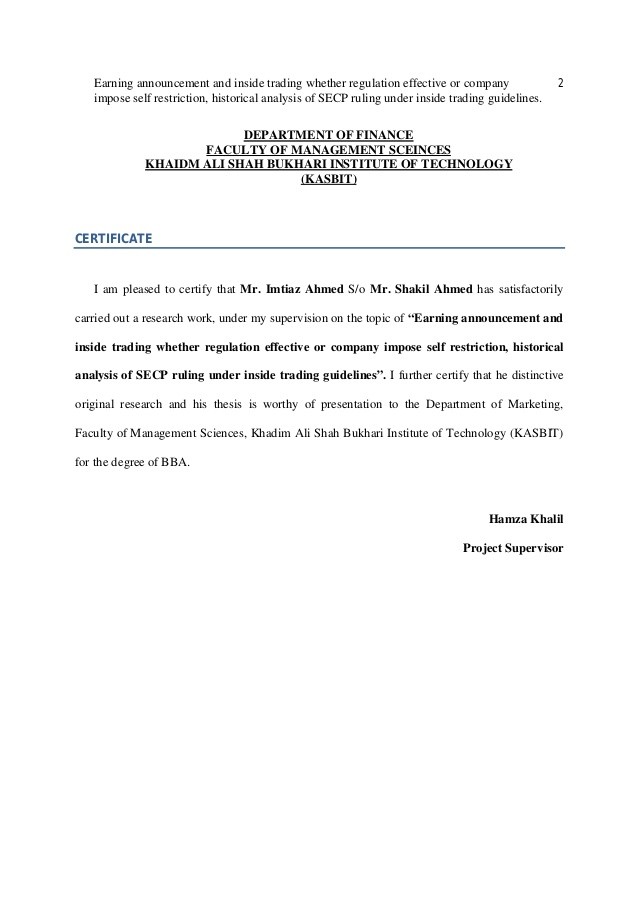Insider Trading An Introduction
Post on: 16 Июнь, 2015 No Comment

Insider Trading: An Introduction
Insider trading is probably one of the most controversial issues that plague the stock market, and other securities market, today. Even those that are not really buyers and sellers of stocks and other securities have heard of insider trading and are familiar, to some extent, with insider trading. Hollywood has made a spectacle of insider trading by immortalizing and even glamorizing it in various motion pictures. Indeed, we dont even have to go very far to look at how widely known insider trading is. Turn on the news and you would probably hear of some topnotch business executive that is being charged with or tried of insider trading. The idea of insider trading have been popularized and magnified by the people that commit them and by the media who have blown insider trading out of proportions. But one asks, what is insider trading exactly? Why is it illegal? Who are insiders anyway and who are not insiders? To help you get back to reality and look at insider trading for what it really is, I have prepared this short introduction on insider trading, its definition, scope and basis.
The first thing that anybody asks is what insider trading is. To put it simply, insider trading is the buying and selling of stocks and securities that are based on information that is not available or accessible to the public. It involves any data, event, circumstance, factor, or phenomena that an insider knows but the public does not and such data can cause an increase or decrease in the price of the stocks or securities. The insider then uses this information to profit by trading securities or stocks. Insider trading involves a breach in the fiduciary obligation of its employees and officers. Every employee and officer of a corporation has a fiduciary obligation, this means that these personnel are relied on by the corporation to keep in strict confidence and trust whatever information they get by way of their position or employment. Every employee and officer is expected by both ethical and moral standards not to reveal nor forsake this information for material gain. Insider trading also involves any tip or advice that these insiders can give to any outsider. It involves any subsequent action of the outsider, who has been tipped, to buy or sell shares of stock or securities.
It is interesting to note, however, that not all insiders trading can be called illegal. There are certain circumstances that have been outlined and permitted by the Securities and Exchange Commission (SEC) to be legal and lawful kind of insider trading. One of these situations is when the insiders, which usually involve corporate officials, buy and sell stocks in their own corporations. Other legal and illegal insider trading are stated in Rule 10b5-1 and 10b5-2 of the SEC. Briefly, Rule 10b5-1 states that insider trading is illegal if the trader uses material information, that are not available to the public, at the moment he is buying or selling the securities or stocks. Rule 10b5-2, on the other hand, outline the liabilities of those outsiders that have used the information they obtained from the insiders. I will discuss more of insider tradings legal basis in the following articles.














